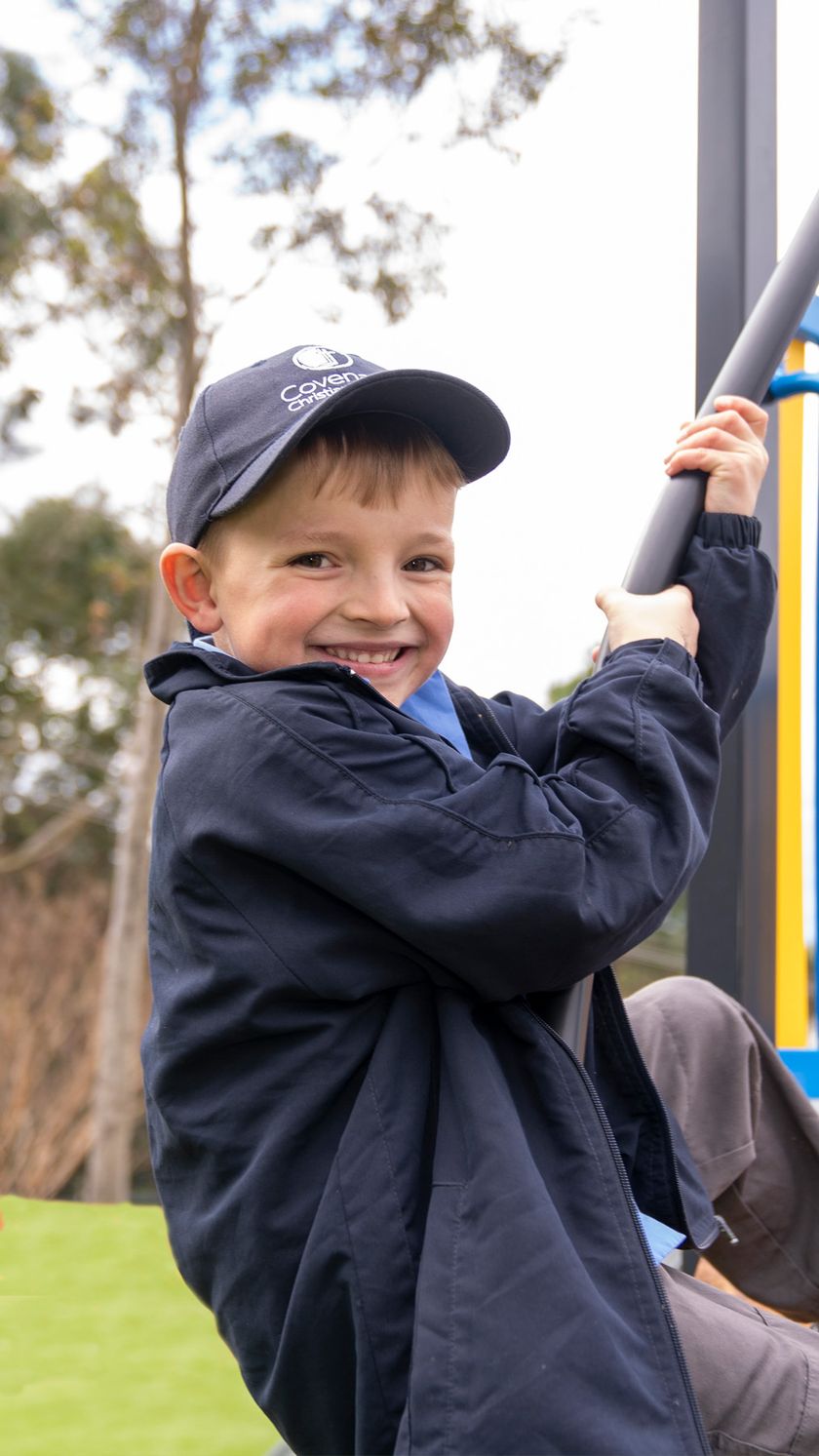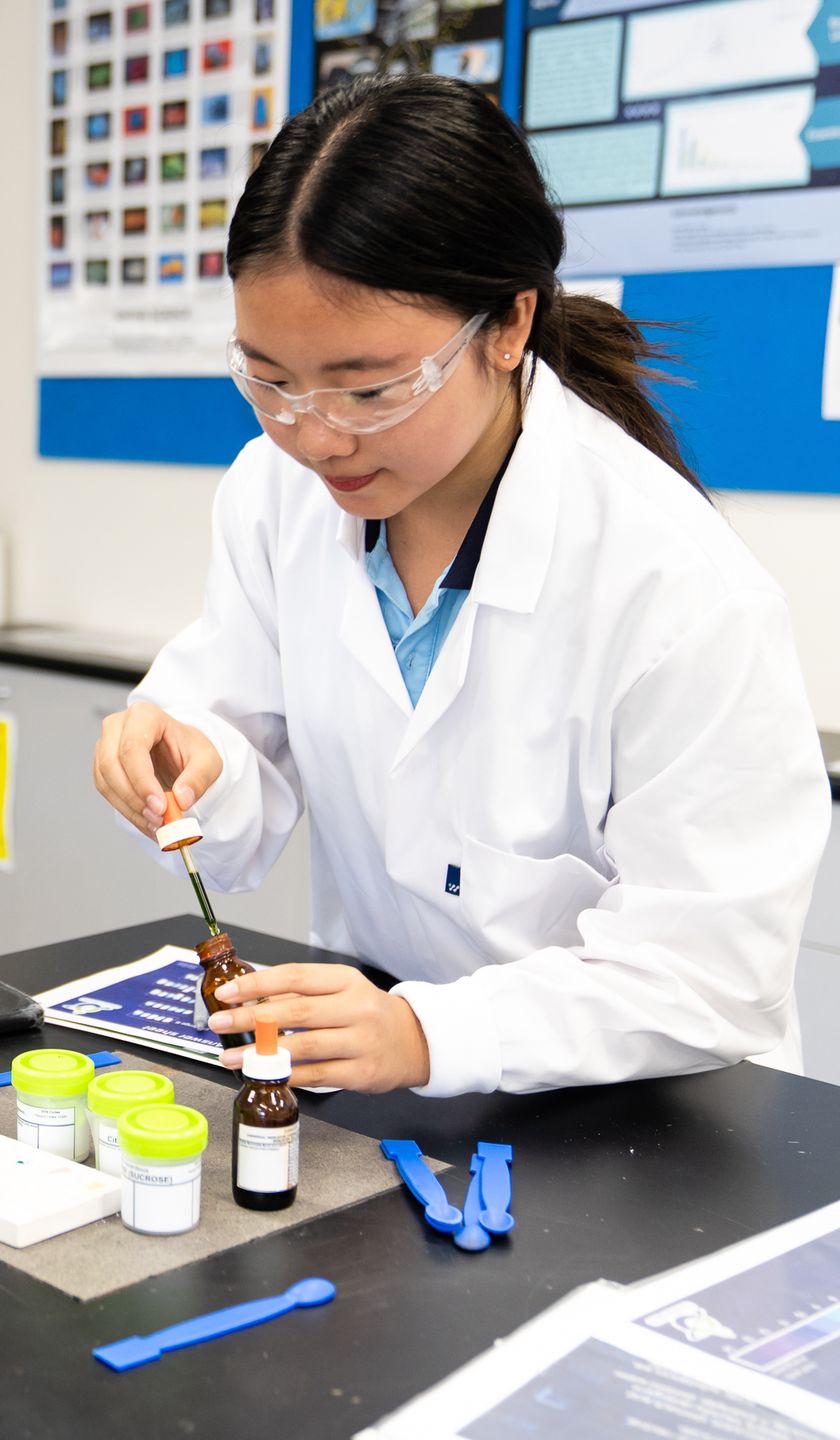






In 2013, the Wall Street Journal wrote an article called вАЬIt Takes Planning, Caution to Avoid Being вАШItвАЩвАЭ. It spoke about a group of men who have played the game of tag for 23 years. Why would they do this? Because they saw the joy and benefits in still connecting with one another, even after all these years.
At ЊЂґЂ”∞“µ, we are focusing as a whole school on social connections. This is the relationships and friendships you have with the people around you and includes anyone who plays an important role in your life. God has made us for connection and relationships. The second greatest commandment is to love our neighbour (Mark 12:30-31). This changes our whole perspective from being self-focused to being outward focused.
Research has demonstrated having solid and dependable relationships with others can improve your overall wellbeing, sense of belonging and help you feel supported, particularly during rough seasons. Psychologists suggest that even three friends or family members that you feel you can really count on are all you need to get the psychological benefits of good social connections.
Being a friend can be difficult sometimes, not knowing how to love. I have always found God's definition of love helpful in 1 Corinthians 13:4-7: "Love is patient, love is kind. It does not envy, it does not boast, it is not proud. It does not dishonour others, it is not self-seeking, it is not easily angered, it keeps no record of wrongs. Love does not delight in evil but rejoices with the truth. It always protects, always trusts, always hopes, always perseveres."
These are truths our teachers teach through our Knowing God classes, our Home Classes, and our general pastoral care practices. These are truths which help our students know how to love others, how to treat others and how to form strong social connections.
But relationships donвАЩt end at the last bell of school, they continue at home, in the holidays, and as we have seen earlier, well after school. Here are my top 5 tips to share with your child to assist them to foster positive, strong social connections:
I look forward to seeing the students in our school playing tag well after they have graduated!
Dan Apin
Director of Student Wellbeing